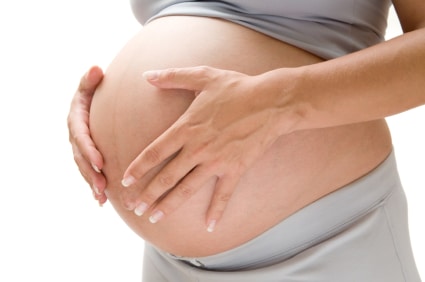Dr. Emma Morton-Eggleston of Harvard Pilgrim Health Care Institute in Boston is the lead author on a new study that says three-quarters of women who develop diabetes during their pregnancy are not screened again in the year following giving birth.
The study says that women with a history of gestation diabetes are at higher risk – up to seven times the normal rate – of developing diabetes in their lifetime. And the highest increases in that risk happen within ten years of having gestation diabetes.
In many cases gestation diabetes resolves itself after a pregnancy, but some women develop type 2 diabetes. That’s why the American College of Obstetricians and Gynecologists recommend that women who have experienced gestational diabetes get their blood sugar levels checked within six to twelve weeks after they give birth, and annually after that.
As word of the risk becomes known, more women are starting to heed that advice. The recommended postpartum screenings increased from 2% of women in 2001 to 7% in 2011.
For this newest study, researchers used commercial insurance claims to study more than 440,000 women who gave birth between 2000-2012, including more than 32,000 who suffered from gestation diabetes. Within one year of giving birth, just 25% had received a blood sugar screening.
That’s clearly not enough.
For women who have gestation diabetes, elevation of blood sugar and overt diabetes may occur. If those women become pregnant again, entering that pregnancy with overt diabetes poses a significantly greater risk for pregnancy complications and is dangerous for both the woman and the fetus.
Morton-Eggleston understands that it’s difficult for women to keep up with routine medical care for themselves once they have children. But she says that if you “catch diabetes or abnormally high blood sugar early, dietary changes and exercise can have a profound effect” on preventing the disease.







